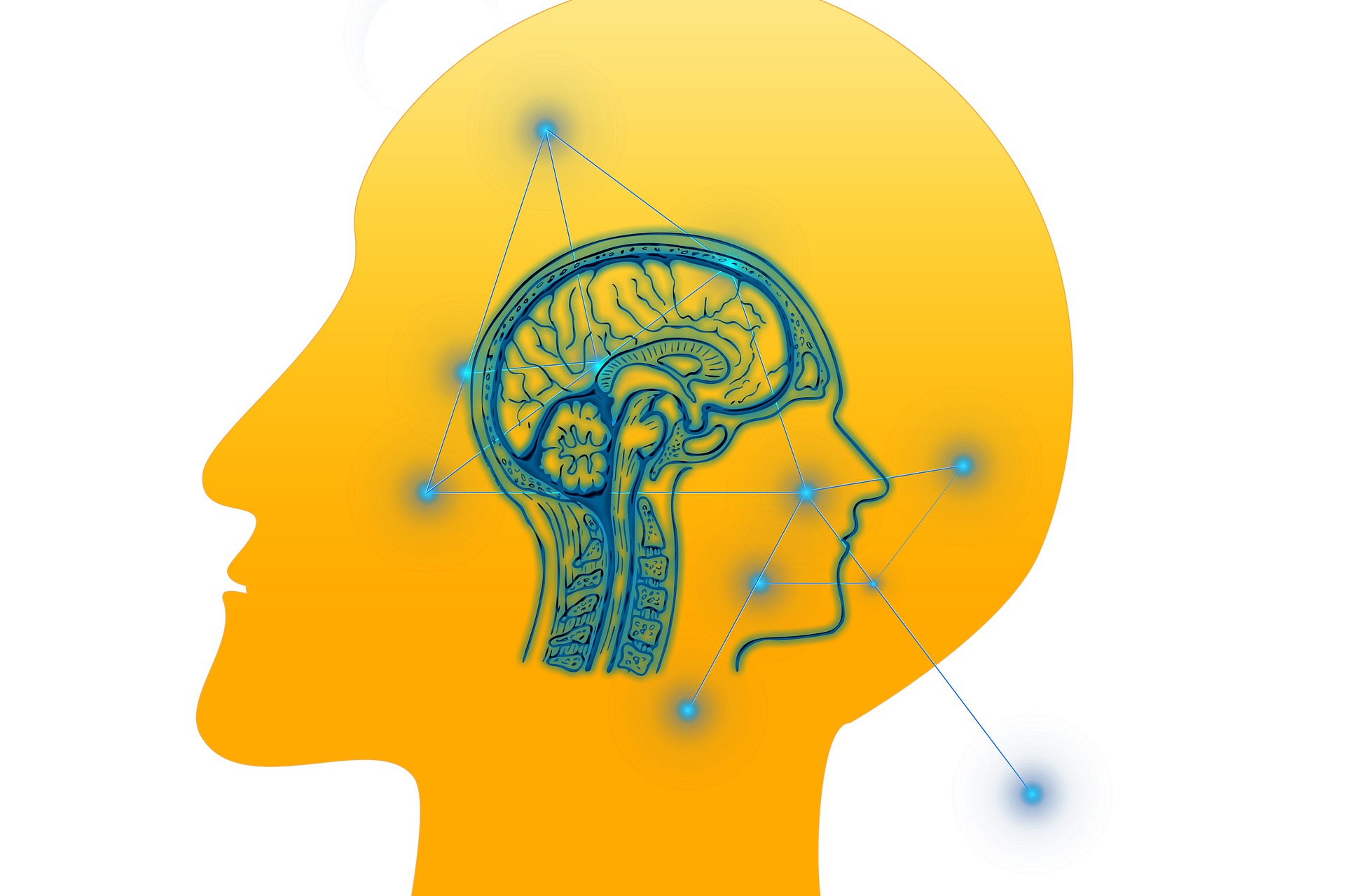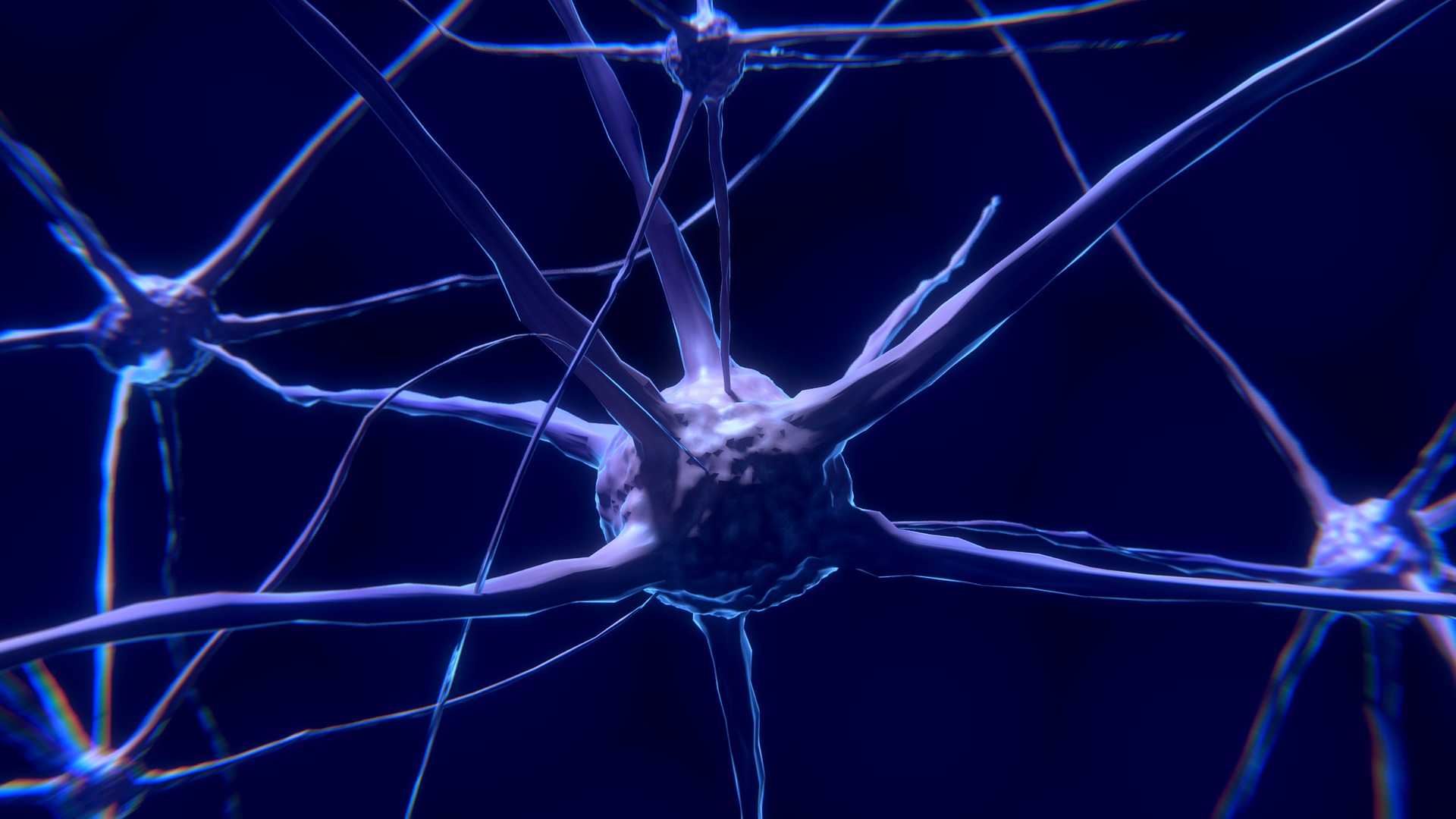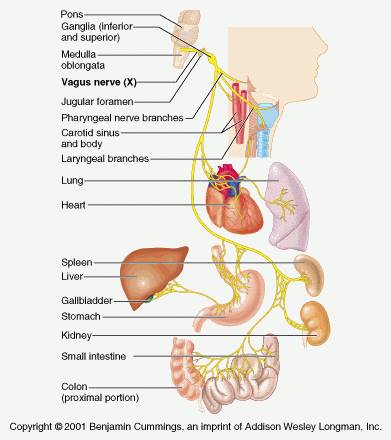Your nervous system is your gateway to healing. It consists of 150 billion neurons and is responsible for regeneration and healing of the human body. Learn how to take good care of your nervous system to maximize wellbeing and health.
The importance of the autonomic nervous system in healing and recovery
Your nervous system loves rhythm and relaxation. This is easy to notice, for instance, while you are performing simple everyday activities that happen automatically in a repetitive and steady manner. To aid the regulation of your nervous system and maintain balance, it is important to take time to pause and relax. This will allow you to improve your concentration and daily mental condition as well as helping with:
– Stimulation and improvement of the secretion of anabolic hormones
– Better absorption of nutrients by our body
– Increased insulin sensitivity
– Improved muscle relaxation and rhythmicity
– Sharper focus
– Mental clarity
– Building muscle mass
Symptoms of an overloaded nervous system
If you experience a lot of stress or lead an unhealthy lifestyle, then your nervous system might be suffering. Here are some warning signs to pay attention to if your mind and body are under stress:
– difficulty concentrating
– stress
– headaches
– muscle aches
– excessive sweating
– numbness in the extremities
– poor memory
– trembling
How to heal your nervous system
There are a couple of exercises that might help you balance your nervous system. Try them and choose what works best for you:
Deep breathing
The deep breathing technique is a basic exercise for supporting the central nervous system. It helps you to relax and prevents the effects of stress.
The yogic science of breathing, known as pranayama, is a technique of breathing and breath retention that is practiced to increase the vitality, longevity and life-force of the body. Pranayama can help increase memory, improve circulation, and promote oxygenation of the blood. A recent study showed that “the physical and cognitive benefits associated with yoga and mindfulness may be due to mechanisms including pranayama and activation of the parasympathetic nervous system”. This activation prompts the body to rest, rejuvenate and regenerate efficiently, allowing the system to detoxify and return to homeostasis.
Walking barefoot on the ground
You are a bioelectrical being living on an electrical planet. Your body operates electrically. All your cells transmit multiple frequencies that run, for example, your heart, immune system, muscles, and nervous system. Walking barefoot on the ground helps you connect to the ground’s electric energy that has healing qualities.
A study published in the Journal of Environmental and Public Health proves that a morning 30-minute walk on damp grass can have a positive effect on our cardiovascular and nervous systems.
Regulation of the vagus nerve
The name vagus nerve refers to a “wanderer” because it travels throughout the body and reaches important organs. The vagus nerve activates the parasympathetic nervous system, which is responsible for relaxation and therefore controls the health of immune cells, organs, and tissues, and even stem cells.
If you are experiencing chronic fatigue, anxiety, have food sensitivities or intestinal problems, then doing vagus nerve exercises might be incredibly helpful to you.
Try some of these activities to calm your vagus nerve:
*Breathing exercises– breathing at a rate of 5-6 breaths per minute increases baroreceptor activity and activates the vagus nerve, which lowers blood pressure and reduces anxiety by calming the sympathetic nervous system and stimulating the parasympathetic nervous system.
*Probiotics– the enteric nervous system connects to the brain precisely via the vagus nerve. There is growing evidence of the effects of gastrointestinal microflora on the brain.
*Massage – a professionally performed massage increases the activity of the vagus nerve and the parasympathetic nervous system. It also leads to a decrease in blood pressure in the body.
*Yoga– yoga increases the activity of the vagus nerve along the activity of the parasympathetic nervous system. Studies have shown that a 12-week practice of yoga is associated with improved mood and reduced anxiety.
MenlaScan helps you assess the state of your Autonomic Nervous System. Check your stress levels and how well your body recovers from daily activities. Find a practitioner near you.



